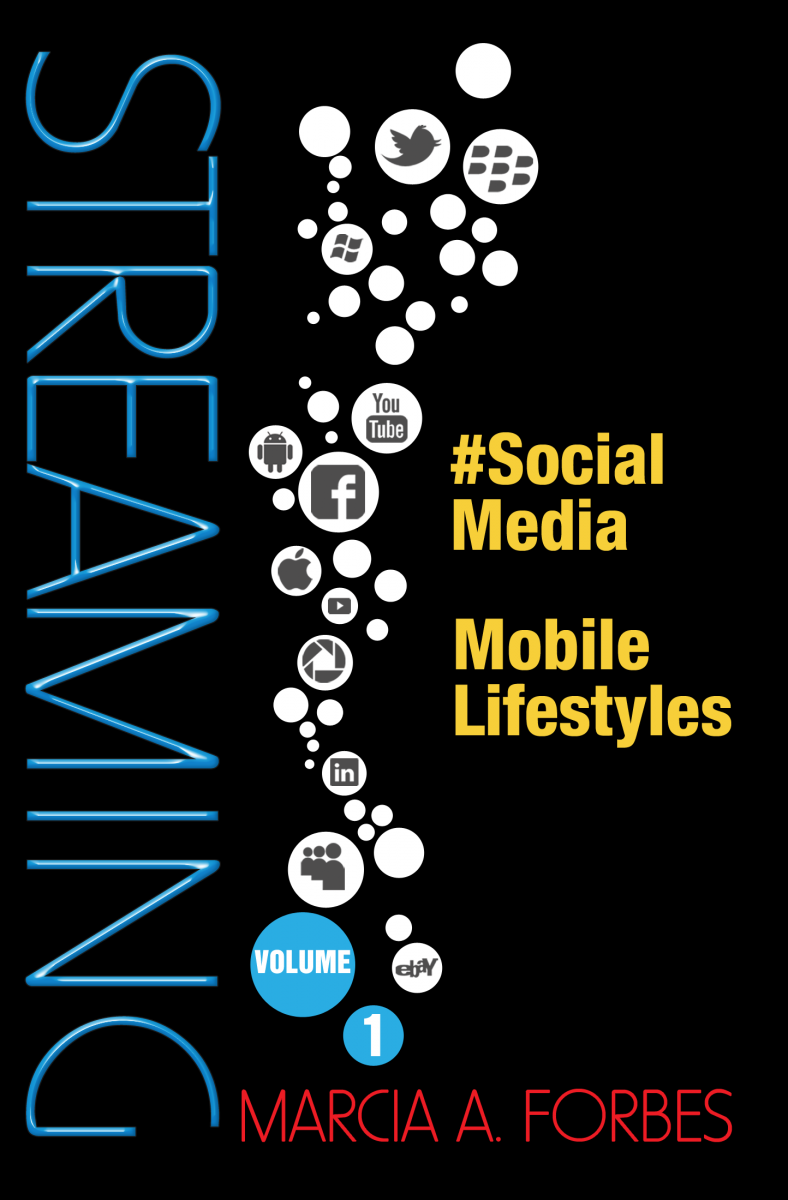Digital Overload & Shallow Brains
Digital Overload & Shallow Brains
As social media gains traction in Jamaica, many question the value of networking tools like Facebook and are downright anti-online gaming by children and teens. Cell phones are regarded as a nuisance in schools and Twitter is seen as benign time-wasting. Yet, increasingly research findings are pointing to these new tools as ‘game-changing’, to use the new local buzz word.
Sleeping with a Blinking Partner
I now go to bed with my Blackberry ‘kotched’ atop my pillow. No one needs to certify me a crackberry, I’ve already diagnosed and certified myself. Earlier this year the phone would sleep on a side table across the room, usually being recharged for its next hectic day. However, once I spied that red light flashing I’d be drawn to check and to experience what I’ve learnt is the “dopamine squirt”. Now that a nightly recharge routine prior to bed has been instituted, I have a blinking new bed partner and as much dopamine as desired.
Nicholas Carr believes our brains are being fundamentally altered by new technologies. In a book titled The Shallows: What the Internet is Doing to Our Brains he discusses how technology is rewiring our brains. This is heavy, highly controversial stuff! While Carr may be going overboard, Richtel, the technology journalist for New York Times tells us that scientists are now concerned about the thin line between “technology nourishment” versus being distracted and impeded by technology.
A Child will Lead the Way
Stoll, a brilliant scientist, engineer, enigma (epitome of the mad scientist), noted that if you want to know the future ask experienced kindergarten teachers. I agree wholeheartedly. It is during childhood that the developing brain, in particular the frontal lobe, seems to be adjusting to deal with these fascinating and magical new technologies. A lawyer and passionate nutritionist, my tweep (twitter friend) @ loilaing, tweeted, “watching my kid figure out a Nintendo DS at 4 years old with zero instruction, I KNOW Sugata Mitra is right on the money!”
Professor Mitra is an award winning computer scientist and teacher whose ‘Hole in the Wall’ experiment in India demonstrated how effective kids are at figuring out how to use the computer and surf the internet. My brain hasn’t been rewired to accommodate these new technologies so I struggle to keep abreast. Without supreme disciple, it is very easy to get distracted by the fascinating fandangles of new media. A Stanford University study has highlighted that heavy multimedia users have trouble filtering out irrelevant information. Increasingly the mantra of multi-tasking is being abandoned in favour of focusing on one thing at a time or at best two. The frontal lobe can best manage no more than two simultaneous tasks without getting overwhelmed; one task to the side right and the other to the left side of the frontal lobe.
Let Them Game but Not Too Much!
Digital overload is counterproductive. Balance, control and moderation are important as we tap into the values of technologies. And there are real values. Yet, every generation blames new technologies for various sins. Socrates lamented the creation of books for inducing forgetfulness, since, instead of relying on memory readers relied on the written word. Now we celebrate cell phones to store just about everything and prevent us having to remember anything. Every technology comes with tradeoffs.
We may complain about online gaming but experts at this are reported to develop better visual acuity and are reportedly more efficient at finding information when they conduct internet searches. Online gaming is also reported to improve reaction time and the ability to pick up details. Google searches are said to lead to increased activity in the brain’s dorsolateral prefrontal cortex. Interestingly, this brain area is important for activites like selective attention and deliberate analysis. The ones Carr says are vanishing in the age of the Internet. “Google, in other words, isn’t making us stupid — it’s exercising the very mental muscles that make us smarter” (John Lehrer). The quarrel with Carr will no doubt continue.
I’m Normal?
Coming back to my sleeping with phone activity, I am happy to report that this does not make me strange or unusual. The highly respected Pew Research (@pew research via Twitter) reports that “65% of adults with cell phones say they have ever slept with their cell phone on or right next to their bed”. My ‘dopamine squirts’, that little rush of adrenaline in response to the blinking light which signifies a new email or message of some sort, will continue. Thankfully though, having checked the signs of techno overload, I can safely say I’m neither addicted nor overloaded. I am not compelled to check emails, nor do I eagerly anticipate being online, neither do I delay getting off the computer with response like “soon come” but remain firmly planted. R U addicted?


